About

Partners
Science4Pandemics is a multidisciplinary consortium funded by EIT Health and coordinated by the Fundació Sant Joan de Déu (FSJD) that comprises various institutions from Spain, Portugal and Italy, including the Barcelona Institute for Global Health (ISGlobal), the University of Barcelona (UB), the University of Coimbra (UC), the Borja Institute of Bioethics (IBB), the Pedro Nunes Institute (IPN), the paediatric research network Penta, the company Exheus and the pharmaceutical manufacturers Sanofi and GSK.
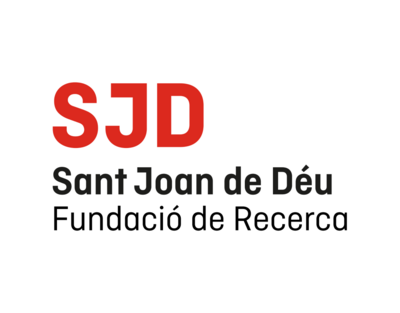
Sant Joan de Déu Research Institute
The Institut de Recerca Sant Joan de Déu (IRSJD) is a biomedical research center made up from SJD Barcelona Children's Hospital and Parc Sanitari Sant Joan de Déu groups, and three research institutes, Institute of Biomedicine (IBUB) and the Institute of Neurosciences (UBneuro), both of them from the Universitat de Barcelona, and the Biomedical Engineering Research Centre (CREB) of the Universitat Politècnica de Catalunya. All of theses centres are points of reference in the different phases of research and development of biomarkers, treatment and drugs.
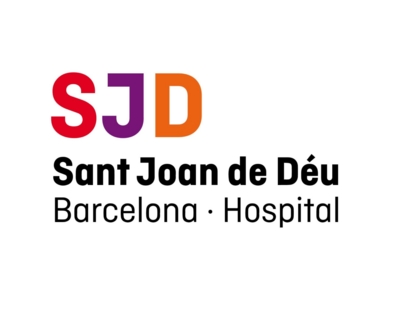
Sant Joan de Déu Barcelona Children's Hospital
Hospital Sant Joan de Déu is a private non-profit institution, with a vocation for public service since its creation in 1867. Our hospital has been dedicated to comprehensive care for women, children and adolescents, and has become one of the most important specialised paediatric centres in Europe. Our care is based on the multidisciplinary work of our professionals. The Hospitaller Order upholds a model of comprehensive care focused on the person assisted and their social and family environment, adapted to the challenges of today's society, with the objectives of promoting and improving people's health and quality of life without distinction due to gender, beliefs or origin, and to create a fairer and more caring society
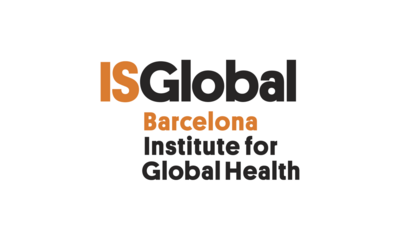
Barcelona Institute for Global Health (ISGlobal)
The Barcelona Institute for Global Health, ISGlobal, is a cutting-edge institute with the capacity to address global public health challenges through research, knowledge translation and education. It has a broad research portfolio in communicable and non-communicable diseases and environmental factors. ISGlobal has been named a Severo Ochoa Centre of Excellence and is a member of the CERCA system of the Generalitat de Catalunya.
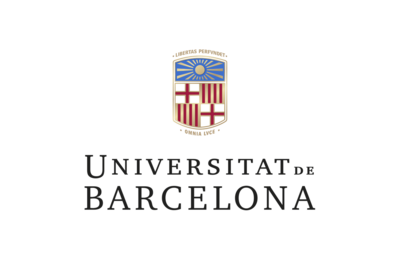
University of Barcelona (UB)
The University of Barcelona is the principal centre of university research at state level and has become a European benchmark for research activity, both in terms of the number of research programmes it conducts and the excellence these have achieved. It has overseen the creation of two campuses of international excellence, the Barcelona Knowledge Campus (BKC) and the Health University of Barcelona Campus (HUBc).

University of Coimbra
The University of Coimbra (UC) is a public research university in Portugal. First established in Lisbon in 1290, it went through a number of relocations until moving permanently to Coimbra in 1537. The university is among the oldest universities in continuous operation in the world, the oldest in Portugal, and played an influential role in the development of higher education in the Portuguese-speaking world. In 2013, UNESCO declared the university a World Heritage Site.The UC is organized into eight faculties. The Department of Informatics Engineering of the Sciences and Technology Faculty will be involved in the S4P project.
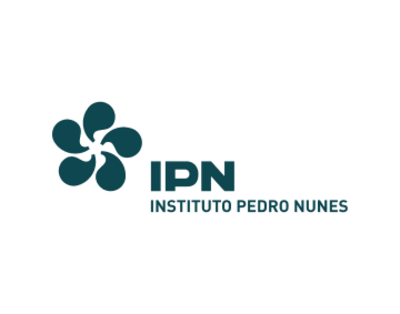
Pedro Nunes Institute
Created in 1991 through a University of Coimbra initiative, Instituto Pedro Nunes (IPN) is a private non-profit organisation which promotes innovation and the transfer of technology, establishing the connection between the scientific and technological environment and the production sector.It’s mission is to leverage a strong university - enterprise relationship for the promotion of innovation, rigor, quality and entrepreneurship in private and public sector organisations by acting in three complementary areas: 1) research and technological development, consultancy and specialised services; 2) incubation and acceleration of businesses and ideas; and 3) highly specialised training and promotion of science and technology
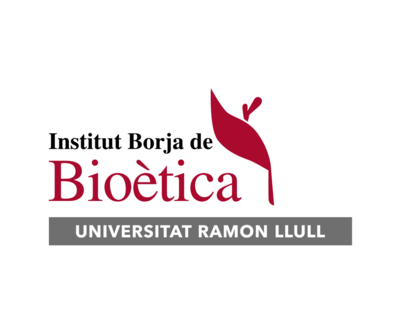
Borja Institute of Bioethics (IBB)
The Borja Institute of Bioethics (IBB) is the first bioethics center in Europe, with 40 years of experience in the field of teaching and research in this discipline. Since 2000 it has been a University Institute due to its integration into the Universitat Ramon Llull. Its mission is to raise awareness in society, advise, research and train on the duty to respect human life and dignity, as well as the natural environment, with special attention to those who are in a situation of greater vulnerability. The IBB develops activities in both the clinical and academic fields.
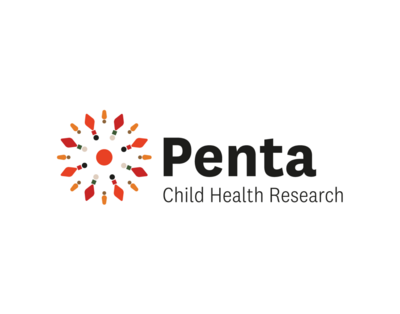
Penta
The Penta Foundation was set up in May 2004 as the Penta coordinating centre to support activities related to research on HIV and other paediatric infectious diseases. The Foundation is a promoter/sponsor of clinical trials, according to GCP guidelines and relevant European Directives. It is a centre for project development and data management; due to its unique expertise in running international research projects, the Foundation has established several links with research groups in order to manage EU and other funded projects.

Exheus
Exheus is a spin-off of the Polytechnic University of Catalonia (UPC) that uses artificial intelligence technology applied in NGS (Next Generation Sequencing) to collect all the information on gene expression and issue a complete health report, which the user can analyze to take measures and correct all those deviations that may affect their health.
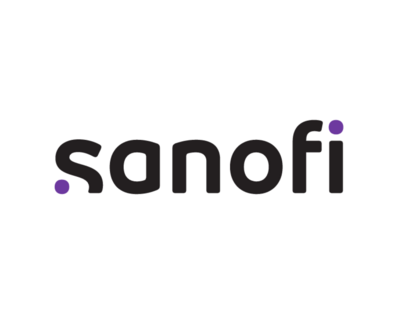
Sanofi
Sanofi is an innovative global healthcare company, driven by one purpose: chase the miracles of science to improve people’s lives. It’s team, across some 100 countries, is dedicated to transforming the practice of medicine by working to turn the impossible into the possible. They provide potentially life-changing treatment options and life-saving vaccine protection to millions of people globally, while putting sustainability and social responsibility at the center of their ambitions.

GSK
GSK is a pharmaceutical company driven by science and responsible innovation. It has two global businesses in which they research, develop and produce innovative medicines and vaccines. Its goal is to contribute to improving the health of millions of people around the world.GSK Spain has almost 1,600 employees distributed in different business units, a research center and two production plants.